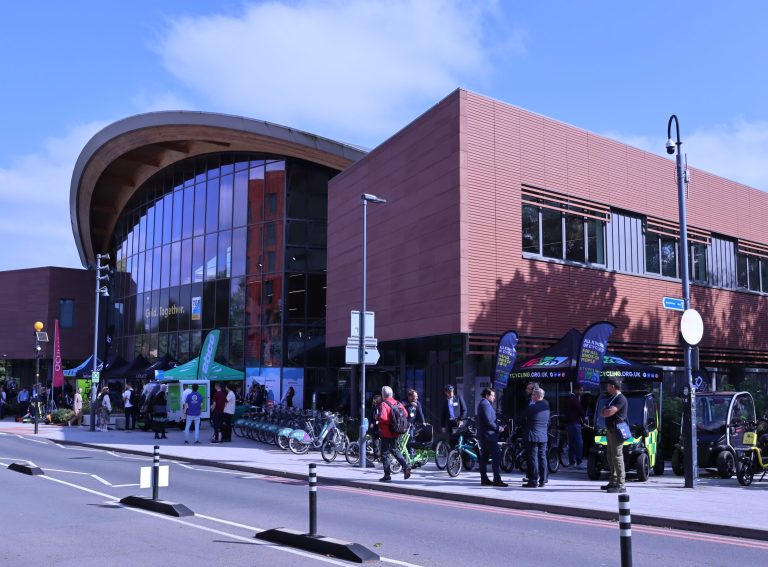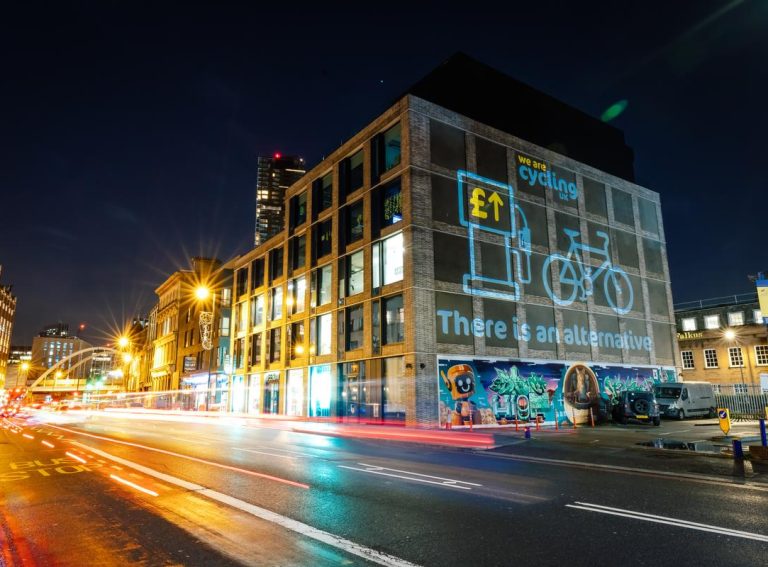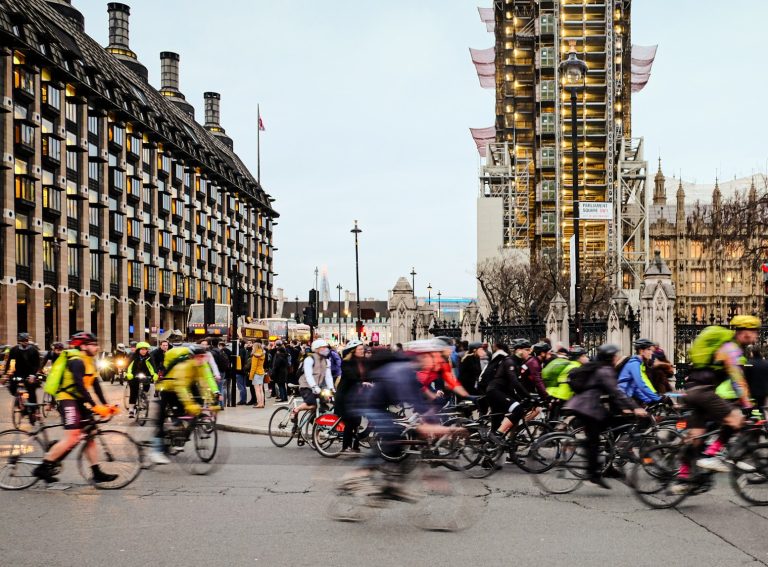A House of Commons briefing paper analysing the current regulatory situation surrounding e-scooters in the UK has been published.
E-scooter trials have been ongoing in the UK since July 2020, with the end date recently extended until 31 March 2022.
Prior to the introduction of the trial last year, it was illegal to ride e-scooters on public roads, pavements or cycle lanes, with riders facing fines of up to £300 if caught.
Authored by parliamentary research and briefing expert David Hirst, the briefing paper highlights a number of talking points surrounding the use of shared and personal e-scooters in the UK.
At least 50 trials are currently underway in a mixture of towns, cities, local authorities and combined mayoral authority areas across England, with more than 10 operators involved.
Here are four interesting points that the paper highlights:
- It remains illegal to ride a shared e-scooter without a driver’s licence or provisional driver’s licence in the UK.
- Under the current trials, e-scooters are limited to a maximum speed of 15.5 mph, but it is not mandatory for riders to wear helmets.
- Earlier this year, transport minister Rachel Maclean told Transport Committee chair Huw Merriman that evaluation of the trials had been “designed from the outset with the knowledge that some locations will not have completed a full 12-month cycle”.
- The government awarded an evaluation contract to British multinational professional services frim Arup, which will consider factors including the impact of the e-scooter trials on other road users, recommendations for policymakers and analysis of the types of journeys being made.
The briefing paper’s abstract reads: “This briefing paper provides an overview of the existing legal framework for electric scooters (e-scooters). It also analyses the arguments for and against legalising e-scooters on UK roads, drawing on the limited evidence from other countries and cities that have sanctioned their use.”
Read the full paper here for more information.




